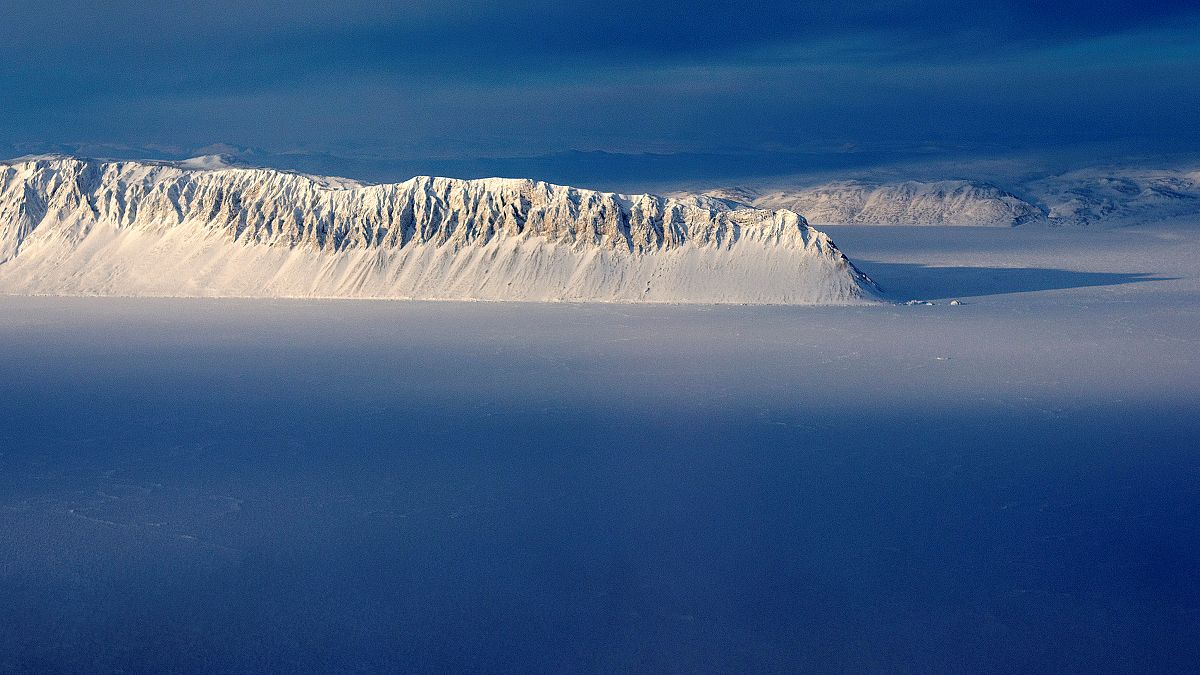European Parliament lawmakers voted against a non-binding motion to prohibit oil and gas exploration in the Arctic
European Parliament lawmakers voted against a non-binding motion to prohibit oil and gas exploration in the Arctic.
Although a symbolic vote, the motion’s rejection could set the tone for Brussels’ future appetite in regulating and protecting the environmentally sensitive, but highly coveted region, which estimates say holds more hydrocarbon reserves than the world’s leading oil producer — Saudi Arabia.
Had lawmakers approved the motion, the European Commission would have had the task of coordinating efforts among European Union nations to impose a “future total ban on the extraction of Arctic oil and gas.”
Although the measure was voted down 414 to 180, MEPs did endorse a plan to ban drilling in the Arctic’s “icy” waters.
The vote was called for by Estonian liberal MEP Urmas Paet and Finnish centre-right MEP Sirpa Pietikainen.
The move comes as Norway has accelerated plans to strike black gold in the Arctic.
Norway on Monday March 13 revealed it wants to open up a record 102 blocks in Arctic waters for hydrocarbon exploration by the fourth quarter of 2017.
Norway last year awarded 13 drilling licenses to oil companies in the Arctic. It was the first time since 1994 that it had opened previously unexplored Arctic regions for the oil and gas industry.
Helped by OPEC promises to curb oil production, which imposed relative upward pressure on global oil markets, oil prices in recent months have stabilised.
Oil prices are even forecast to rise as high as $70 a barrel by the end of the decade according to oil industry expectations.
And this has brought renewed interest in Arctic drilling as global oil companies, benefiting from higher profits elsewhere and lower operational costs, feel they can invest in the region once deemed too risky and expensive.
The US Energy Information Administration, the statistical arm of the US Department of Energy, says the Arctic could hold as much as 13 percent of the world’s undiscovered conventional oil resources and a whopping 30 percent of the world’s undiscovered natural gas reserves.
In a world where conventional crude oil – meaning oil extracted using traditional methods – is a rare commodity found in the world’s more mature oil fields, the Arctic has been described as the energy industry’s final frontier.
The Anglo-Dutch multinational oil company Shell in 2015 backed out “for the foreseeable future” from Arctic drilling after failing to find enough oil to make its projects economical.
But the appeal of potentially tens of billions of barrels of oil is likely to rise as climate change melts Arctic ice increasing the region’s accessibility.
Multinational oil companies like Exxon are keen to tap the region’s vast energy wealth encouraged by Sweden’s Lundin, which in February reported finding as many as 35 million to 100 million barrels of oil equivalent in the Barents Sea.
Statoil, Norway’s oil and gas company, could be on cusp of developing the region’s largest discovered oil field, the Korpfjell, which it estimates holds 10 billion barrels of oil.
In an interview with CNBC earlier this month, Eurasia Group senior analyst Emily Stromquist said current oil prices may not encourage immediate oil and gas drilling in the Arctic as it remains highly complex and relatively expensive for oil companies.
“In addition to price, environmental protests have been a huge impediment for Arctic projects,” Stromquist said. “Regulatory hurdles from governments and environmental protests are two of the biggest hurdles for companies involved in the Arctic, in addition to basis break even costs.”
But that could change with US President Donald Trump, who has quashed environmental activists protesting a pipeline project in the US, and has made clear he wants to open up the United States’ energy potential for investment – including the Arctic.
The US Interior Department is currently reviewing a proposal by Italian multinational Eni, Shell, and Spain’s Repsol for rights to drill in the Beaufort Sea above Alaska.
If that project gets approved, and Trump does away with a President Obama-era moratorium on Arctic drilling, it could open the world up to an Arctic rush.
Russia, Norway Denmark, Iceland, Sweden and the United States each have a claim on the Arctic.
